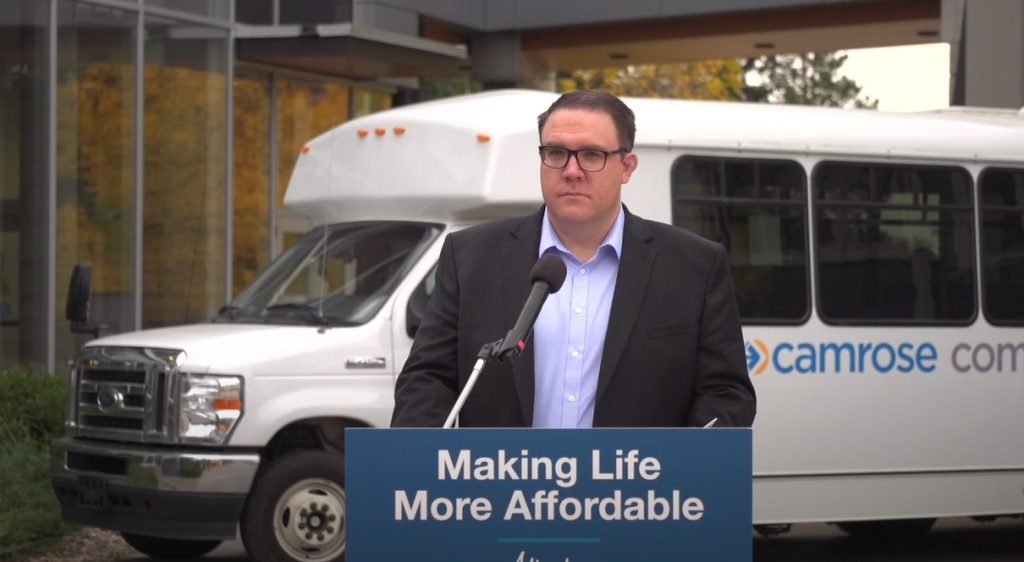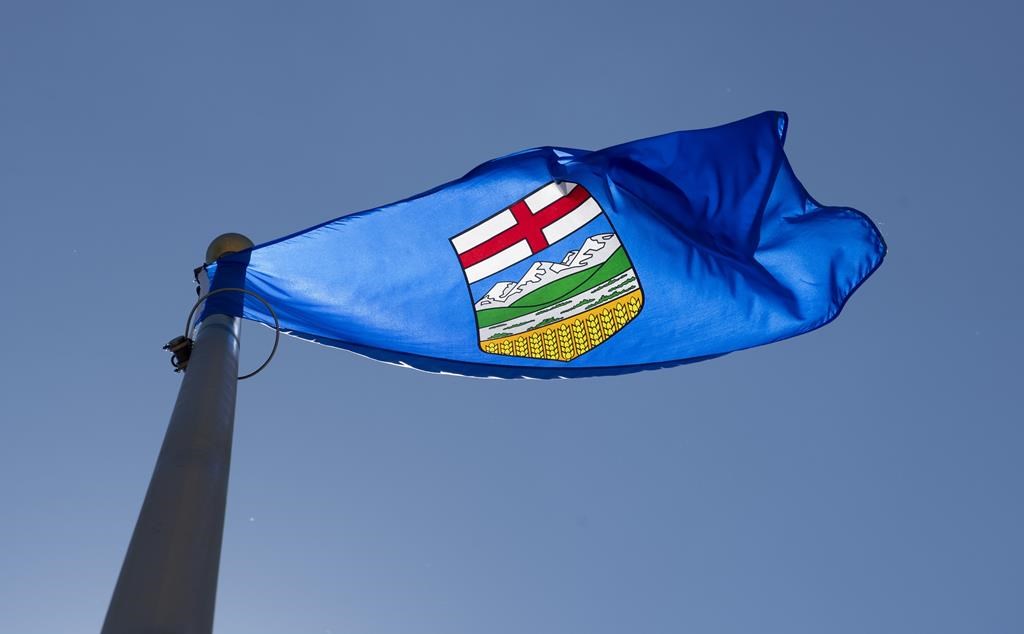Cities across Canada grapple with shortfalls in the hundreds of millions due to COVID-19 crisis
Posted Apr 13, 2020 6:17 am.
Last Updated Apr 13, 2020 11:13 pm.
VANCOUVER (NEWS 1130) – A month after efforts to slow the spread of COVID-19 ramped up in this country, Canadian cities are starting to really feel the effects as their budgets creep into the red.
Major municipalities, including Vancouver, are projecting big losses this year, which poses a major problem as they can’t run deficits.
“When your budget isn’t balanced you either raise revenues or reduce expenditures,” Enid Slack, Director of the Institute on Municipal Finance and Governance at the Monk School of Global Affairs and Public Policy at the University of Toronto tells NEWS 1130.
“Raising revenues at a time like this doesn’t seem to be feasible so it may mean cutting expenditures. Of course, the alternative is for the provincial governments or perhaps the federal government to come in and help out during this crisis.”
The City of Vancouver has announced it’s getting ready for a loss of $189-million this year because of shortfalls in revenues and fees. However, if a quarter of homeowners end up defaulting on their property taxes, which a recent survey done by the city has found may happen, there will be an additional loss of $325-million.
Mayor Kennedy Stewart explains since it’s illegal for cities to run deficits, Vancouver may be forced to make some difficult decisions.
“What that would lead to is us doing massive layoffs, cuts, using up all our reserve funds, and selling city land in order to just balance the books,” he said, adding he doesn’t believe the city has ever been in this position before.
Calgary has reported losses of $15-million each week, with that city’s mayor saying there’s also been an increase in expenses to deal with the pandemic’s impacts. Toronto is facing a financial hit of close to $65-million a week, the mayor of Canada’s most populous city saying a decrease in public transit as well as other revenues was to blame for the losses.
Slack says the situation poses some questions worth pondering in the future.
“What should provinces be doing? What should municipalities be doing? Who does what? Do we have the appropriate mix of what the province should be responsible for and what municipalities should be responsible for? Do we have the right revenues at each source of government?” Slack asks.
“Crisis like these lay bare some of the systemic or underlying issues with the system we’re in. So I think maybe not today, but in the future when this is over and we’re looking back, we should think about who should be taking on these responsibilities and how should we be paying for them?”
Both Stewart and the Mayor of Toronto have called for financial help from the provincial and federal governments to offset the impacts to their cities as a result of the crisis.
“I don’t think the City of Vancouver has ever been in this kind of position,” Stewart said. “It shows that we need immediate help from the federal and provincial governments, and we’re looking for the province to give suggestions as to how they can help municipalities in this time of crisis.”
The Federation of Canadian Municipalities is also calling for higher levels of government to help.
“We do need a backstop. We need financial relief and urgent financial support because our municipalities basically in Canada are hemorrhaging cash,” says President Bill Karsten, who’s also a councillor in Halifax.
“Being in a financial crunch is one thing. Municipalities have dealt with that in their own way, in their own right, within their own municipality from time to time but this is more than a financial crunch in terms of when you’re not collecting revenue from transit, from rec centres, from user fees, parking fees […] eventually that financial crunch becomes not only an unprecedented hit to our municipalities liquidity but it’s a real threat to the vital services that municipalities provide.”
Edmonton is set to lose up to $112-million, while the City of Ottawa has said it could lose up to $273-million in revenue by December if the pandemic lasts that long.
-With files from CityNews Toronto and 660 NEWS staff
Editor’s note: This article has been updated to correct the City of Ottawa’s estimated losses could reach up to $273-million by December.










